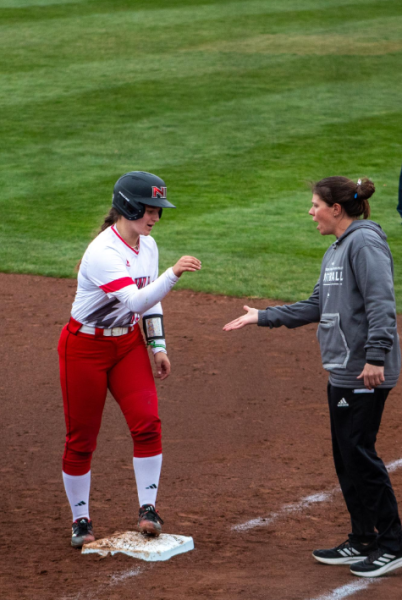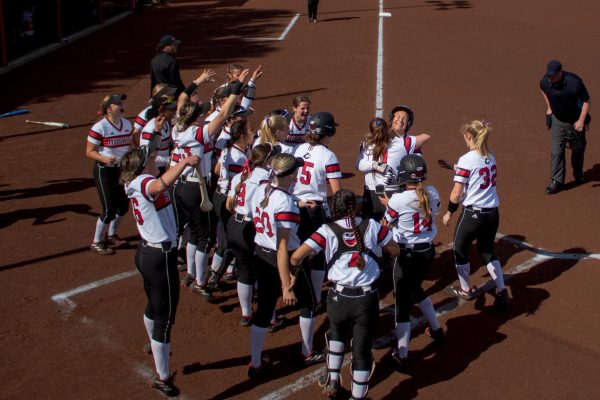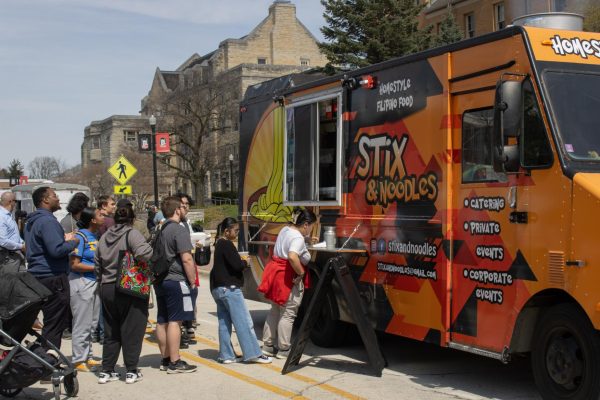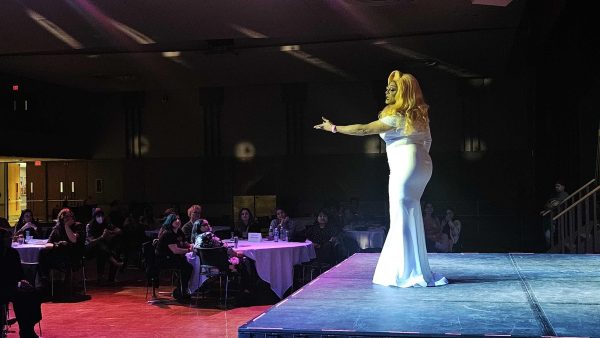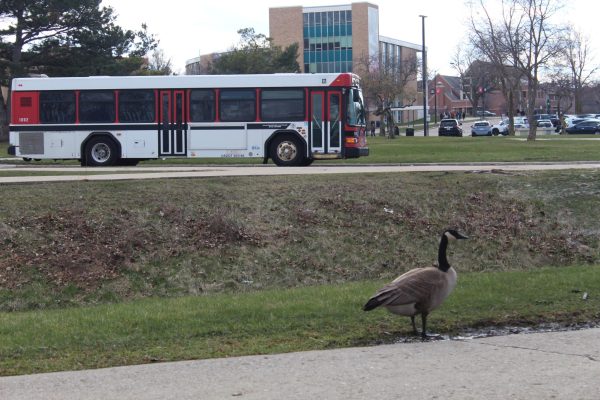Study finds first-generation college students prefer ‘collaborative learning’
May 2, 2012
First-generation college and university students who come from working class families tend to do worse academically than continuing-generation students, according to a recent study.
Working class students tend to prefer collaborative learning, the study from Northwestern University Kellogg School of Management stated. The researchers found university administrators focused more on independent learning than interdependent learning. Working class first-generation students tend to learn better interdependently.
Lester James, freshman mechanical engineering major and first-generation student, said he thinks most first-generation students are not as prepared as students who have parents who have attended college.
“You don’t really know what to expect once you get to college,” James said. “You have to learn as you go.”
Ramona Walton, academic counselor from student support services and an NIU first-generation alumna, said many parents of first-generation students may not have had the time to attend or complete college because they were focused on their family.
“They didn’t get the opportunity to go to school but they want the best educational schooling systems possible for their kids,” Walton said.
James said one thing he and other first-generation students tend to find troublesome at first are the “massive classes.”
“They’re used to more small classrooms,” James said. “The lecture halls are something new. Something they have to get used to.”
James said a majority of his professors teach students to work independently and don’t promote group learning. He said he would prefer they include more collaborative work.
“It’s better for you to learn in a group because you can bounce information off each other,” James said. “So it will help you and also them.”
Walton said in her experience collaborative learning is more apparent in the graduate level at NIU, but not so much in the undergraduate level.
Jerry Wright, director of student support services said he thinks NIU is starting to integrate interdependent learning like similar institutions.
Wright said he agrees some first-generation students are from lower income or lower socio-economic status households. He said student support services offers first-generation and low-income students academic counseling and leadership support.
“I would like to think we’re trending towards doing collaborative things with group projects, utilizing other entities of campus, and things like that in our teaching,” Wright said.





